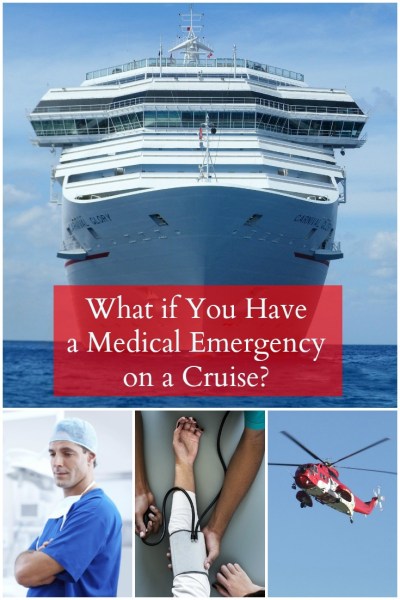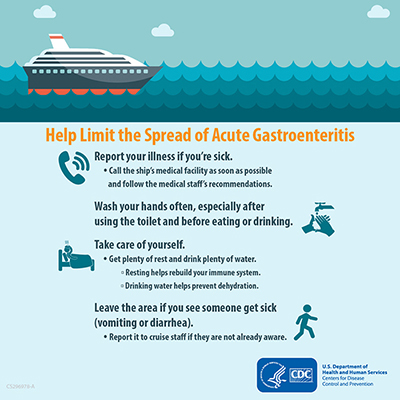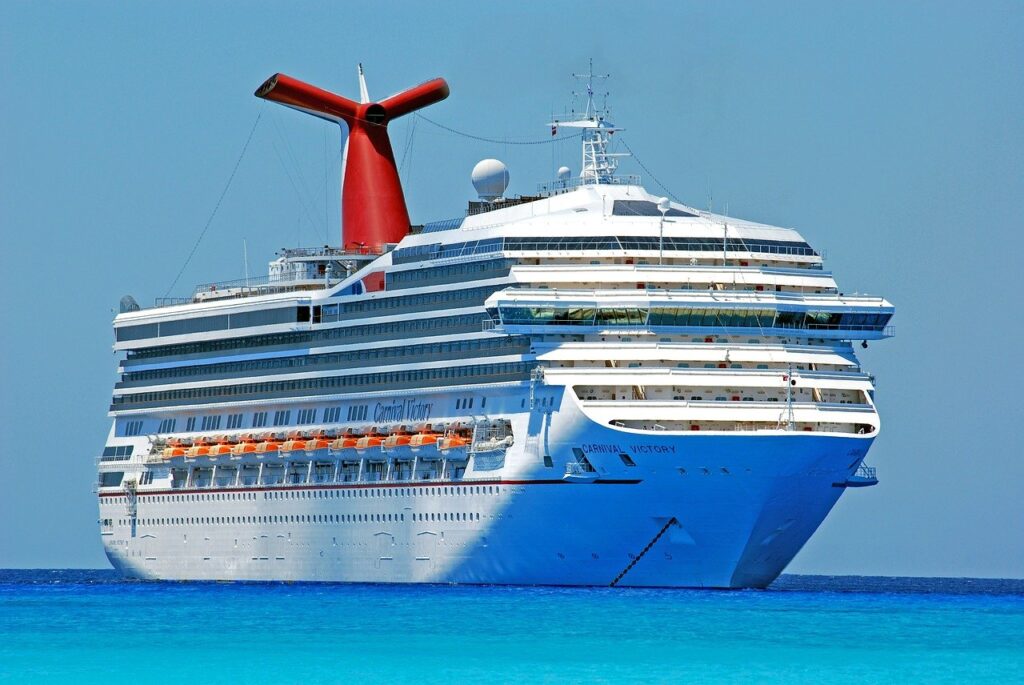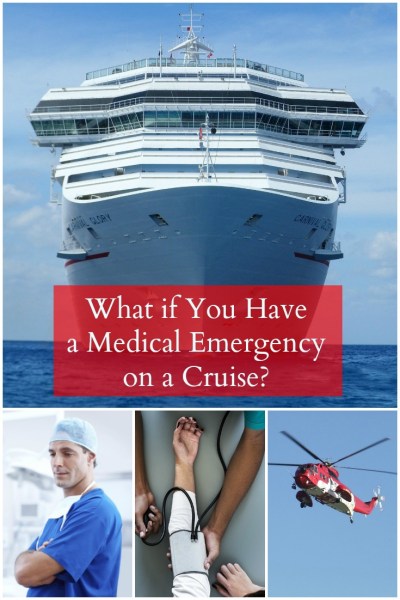Have you ever wondered if you can go on a cruise despite having a medical condition? Well, the good news is that it is often possible! Many cruise lines are equipped to handle various medical conditions and have provisions in place to ensure your safety and comfort during your trip. Whether you have a chronic illness, require regular medications, or need special assistance, there are options available to accommodate your needs and allow you to enjoy a fantastic cruise vacation. So, sit back, relax, and let’s explore how you can fulfill your dreams of cruising even with a medical condition.
Medical Considerations
Consulting Your Doctor
Before embarking on a cruise, it is essential to consult with your doctor regarding your medical condition. Your doctor knows your health history and will be able to provide advice specific to your individual needs. They can assess whether a cruise is suitable for you based on your condition, medications, and overall health. They can also discuss any potential risks or concerns and provide guidance on how to manage your condition while onboard.
Medical Facilities Onboard
One of the crucial factors to consider when choosing a cruise line is the availability and quality of medical facilities onboard. Most reputable cruise lines have medical centers staffed with licensed medical professionals. These professionals are equipped to handle emergency situations and provide basic medical care. However, it is important to note that these medical facilities are typically designed to handle minor illnesses and injuries. In the case of more complex or serious medical conditions, additional medical care may be necessary upon reaching the next port of call.
Health Insurance Coverage
Before booking a cruise, it is important to review your health insurance policy to understand what medical services are covered during your journey. While many cruise lines offer basic medical coverage, it is advisable to check whether your insurance provider covers medical expenses while at sea. If not, you may need to consider purchasing additional travel insurance that includes medical coverage. Remember to familiarize yourself with any limitations or restrictions within your policy, such as pre-existing condition clauses or coverage exclusions for certain activities.

This image is property of i0.wp.com.
Choosing the Right Cruise Line
Accessible Accommodations
When booking a cruise, it is important to inquire about accessible accommodations if you have mobility challenges. Many cruise lines offer specially designed staterooms with wider doorways, accessible bathrooms, and other amenities to meet the needs of guests with physical disabilities. By choosing a cruise line that offers accessible accommodations, you can ensure a more comfortable and convenient experience during your voyage.
Specialized Medical Staff
Certain cruise lines employ specialized medical staff to cater to the needs of guests with medical conditions. These staff members often have expertise in various medical fields and can provide specialized care and assistance if needed. Their presence onboard ensures that you have access to healthcare professionals who understand and are knowledgeable about your specific condition. This can bring peace of mind and facilitate prompt and appropriate medical attention if required.
Onboard Medical Equipment
If you rely on medical equipment to manage your condition, it is important to verify whether the cruise line can accommodate your needs. Some cruise ships may be equipped with facilities to store and charge medical equipment such as oxygen concentrators or dialysis machines. By confirming the availability of these provisions in advance, you can ensure that you will be able to effectively manage your medical needs while onboard.
This image is property of cruising.org.
Cruise Activities and Excursions
Physical Exertion Levels
When planning your cruise activities and excursions, it is important to consider the level of physical exertion involved. Some activities may require significant physical stamina or involve strenuous physical exertion, such as hiking or water sports. If you have a medical condition that limits your physical abilities, it may be wise to opt for more relaxed activities or choose excursions that can be modified to accommodate your needs. This way, you can still enjoy your time ashore while minimizing the risk of exacerbating your condition.
Water Activities
Cruises often offer a variety of water activities, ranging from swimming and snorkeling to jet skiing and kayaking. If you have a medical condition that affects your ability to participate in water-based activities, it is important to be aware of any limitations or restrictions. Check with the cruise line to see if they have any specific guidelines or precautions in place for guests with medical conditions. It is better to be proactive and make informed decisions to ensure your safety and well-being while enjoying the water-based experiences.
Port Accessibility
When selecting a cruise itinerary, consider the accessibility of the ports of call. Some destinations may have limited infrastructure or challenging terrains that could pose difficulties for individuals with mobility issues or certain medical conditions. Research the accessibility options available at each port before making a decision. If you require special assistance or have specific concerns, contacting the cruise line in advance can help you gather more information about the port’s accessibility and available support services.

This image is property of www.cdc.gov.
Medication and Medical Supplies
Carrying Prescriptions
If you need to take prescription medication during your cruise, it is important to make appropriate arrangements. Ensure that you bring an adequate supply of medication to last the duration of your trip, including any potential delays or unforeseen circumstances. It is recommended to carry your medication in its original packaging with clearly labeled prescriptions to avoid any issues during security checks. Additionally, you may want to carry a list of your medications, dosages, and any necessary instructions in case of emergencies.
Medical Equipment Restrictions
Different cruise lines have varying policies regarding the transportation of medical equipment. It is essential to check with the cruise line about any restrictions or requirements for carrying medical devices or equipment onboard. Some cruise lines may require advance notice or special permissions for certain equipment, such as CPAP machines or mobility aids. By understanding these policies ahead of time, you can ensure a smooth embarkation process and avoid any last-minute complications.
Availability of Medications
While cruise ships typically have basic medical supplies available for common ailments, it is advisable to bring an ample supply of non-prescription medications specific to your needs. This may include pain relievers, anti-nausea medication, or any other over-the-counter remedies that you regularly rely on. It is also wise to pack a first aid kit containing items such as bandages, antiseptic creams, and any other supplies you may require for minor medical issues.

This image is property of www.homelifeabroad.com.
Communication with the Cruise Line
Disclosing Medical Conditions
When booking your cruise, it is important to disclose any pertinent medical conditions to the cruise line. While privacy is valued, sharing your medical information can help the cruise line and its staff provide appropriate assistance or accommodations. By informing them in advance, they can better understand your needs and take any necessary precautions to ensure your safety and comfort throughout your voyage.
Requesting Special Assistance
Cruise lines often provide special assistance services to guests with medical conditions or disabilities. These services can range from wheelchair assistance and priority boarding to dietary considerations or specific accommodations. Contact the cruise line’s customer service or accessibility department to discuss your specific needs and request any required assistance. This proactive approach allows the cruise line to make necessary arrangements to enhance your overall cruise experience.
Requesting Medical Services
If you require medical services or assistance during your cruise, it is important to know how to access them. Familiarize yourself with the onboard medical center’s location and operating hours. Should the need arise, contacting the medical staff directly or alerting the ship’s crew can ensure prompt attention and appropriate care. It is also advisable to inform your travel companions about your medical condition and share any necessary information regarding your health history, medications, and emergency contacts.
Embarking on a cruise with a medical condition may require additional planning and consideration, but it is certainly possible. By consulting with your doctor, choosing the right cruise line, carefully selecting activities and excursions, managing your medication and medical supplies, and maintaining open communication with the cruise line, you can enjoy a safe and enjoyable cruise experience. Remember to prioritize your health and well-being throughout your journey, and don’t hesitate to seek support or assistance when needed. Bon voyage!

This image is property of mbshosting.s3.amazonaws.com.
Hi, I’m Mike, the author of Ocean Bliss Journeys. Thank you for visiting 🙂


